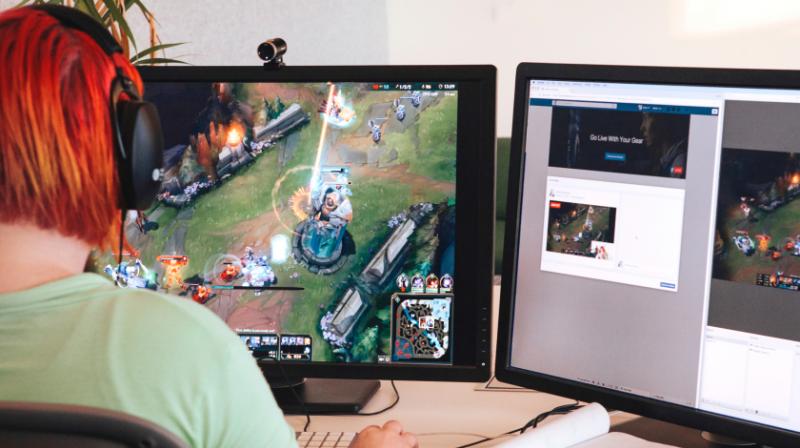China shuts down some live-streaming sites, punishes companies
Almost half of China's 730 million Internet users use live video streaming sites and apps.

Chinese authorities have punished dozens of companies involved in live online broadcasting and shut down numerous hosting platforms for showing content that was pornographic, related to gambling or involved content considered superstitious and harmful to minors.
Almost half of China's 730 million Internet users use live video streaming sites and apps, according to authorities. The live broadcasting market was worth CNY 21 billion ($3 billion or roughly Rs. 19,733 crores) in 2016, an increase of 180 percent from the year before, according to market research company iResearch.
In its latest crackdown on the industry, the Ministry of Culture said Wednesday that it had shut down 10 hosting platforms and given administrative punishments, including fines, to 48 companies. It also said it had ordered closed more than 30,000 studios producing content. Most individuals' studios consist of their bedroom or living room, but there are some businesses set up to provide multiple broadcast spaces.
The ministry said it had also given out punishments including unspecified fines and the confiscation of "illegal earnings" in relation to more than 30,000 broadcasts. A total of 547 people have had broadcasting contracts terminated.
It said a well-known platform, Huajiao, was punished for broadcasting a live show earlier this month in which the host falsely claimed she was in Beijing's Forbidden City after closing time. The show was actually made in a studio.
Live broadcasting websites and mobile apps have offered money-making opportunities to students and others who chat, play games, dance or offer other entertainment online. The audience at home can pay them via virtual gifts, and the hosting platforms take a cut.
Authorities have in the past handed down penalties to platforms, saying they have been found broadcasting pornographic and other objectionable content. They are increasingly bringing out rules for the industry, including requiring platforms to obtain government licenses and hosts to register with their real names.

